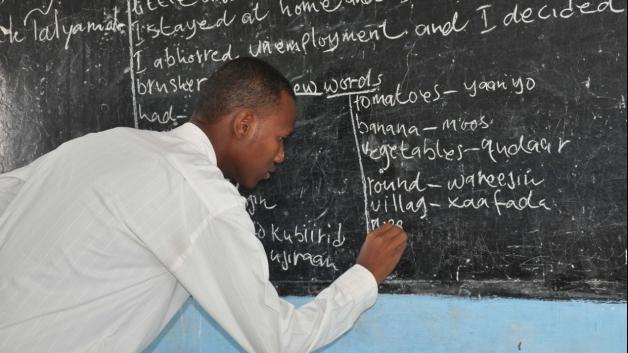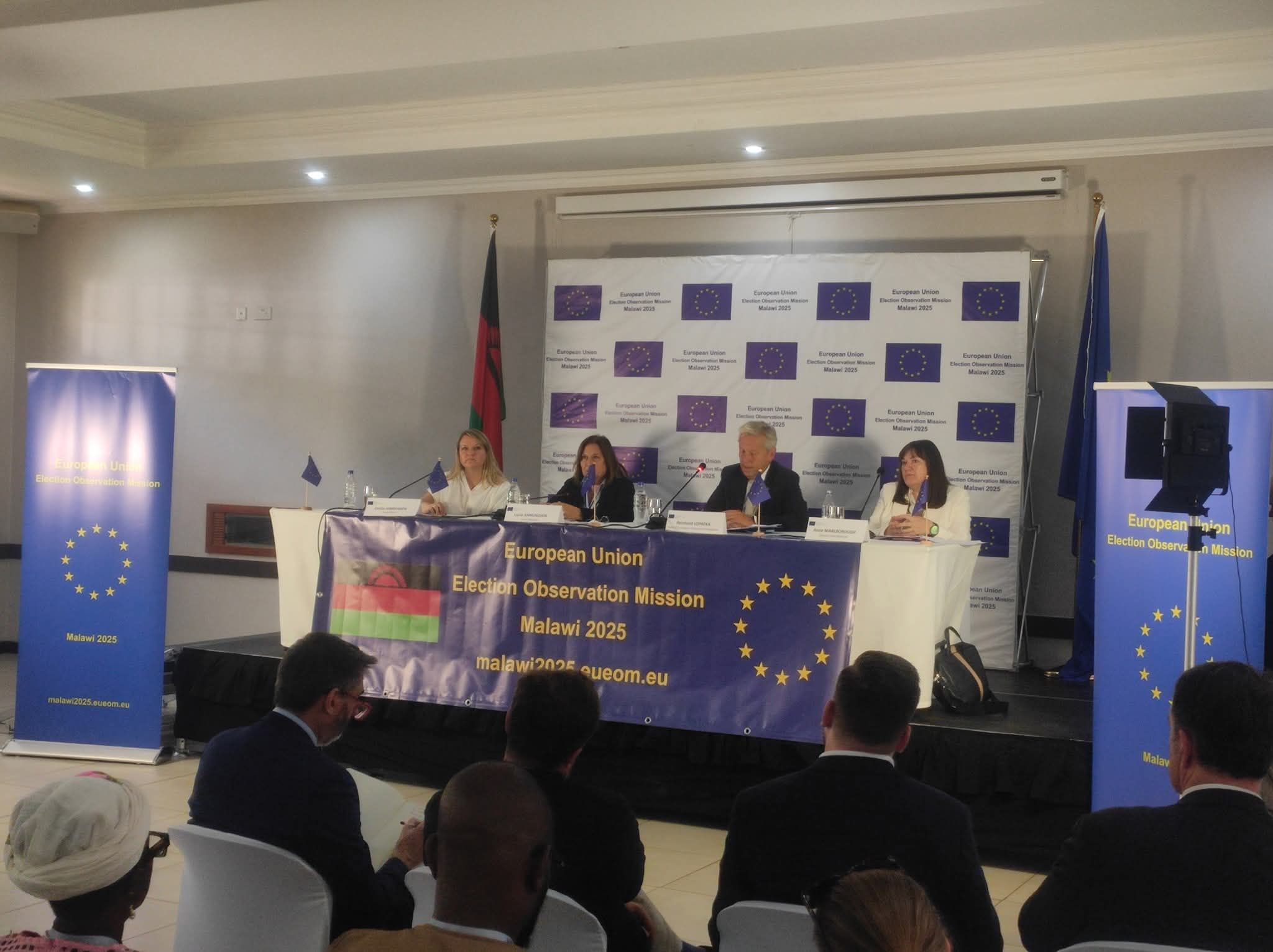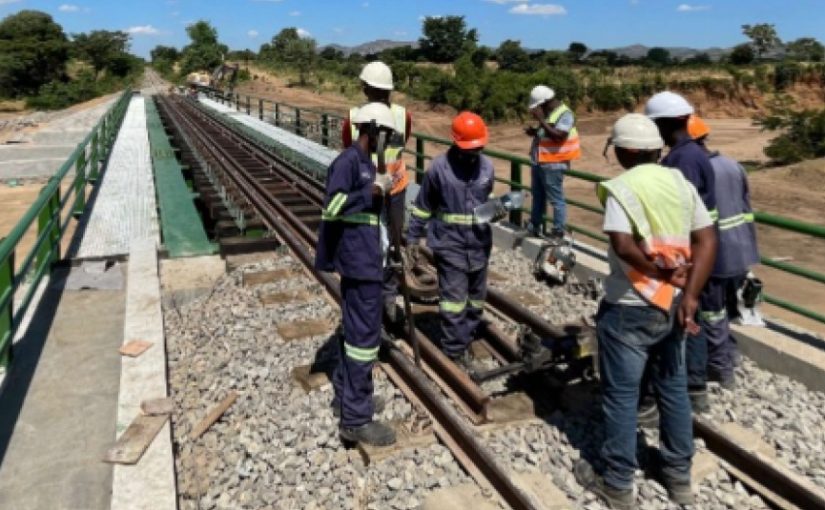By Twink Jones Gadama
Democratic Republic of Congo President Félix Tshisekedi’s management of the country’s security has been marred by constant changes to his security staff. The latest development saw the appointment of Eberande Kolongole as his new security advisor, replacing Prof. Jean-Louis Esambo, who was fired after the North Kivu region fell to the AFC/M23 forces.
This marks the sixth security advisor appointed by Tshisekedi in just six years, during which the country has plunged into one of its worst security situations. The frequent changes have raised concerns about Tshisekedi’s ability to address the country’s security challenges.
Tshisekedi’s choice of staff has been questionable, to say the least. One notable example is the appointment of Bifort Biselele, a close friend of the president, who was later dismissed after leaking his own obscene videos. Other notable mistakes include the dismissals of François Beya and Prof. Jean-Louis Esambo, whose advice Tshisekedi seemed unable to heed.
François Beya’s dismissal in 2022 was particularly telling, as he was let go for criticizing Tshisekedi’s priorities. Beya had suggested that the president was more concerned with his luxurious pleasures than with fulfilling his duties. This criticism seems to have been proven correct, as Tshisekedi continues to struggle with the country’s security.
Tshisekedi’s approach to security has been characterized by a preference for replacing advisors rather than learning from their expertise. This has resulted in a lack of continuity and a failure to address the underlying issues driving the country’s security challenges.
The situation in the DRC is complex, with multiple armed groups operating in the eastern regions. The country’s security forces have been accused of human rights abuses, and the government has struggled to provide basic services to its citizens.
In this context, Tshisekedi’s appointment of a new security advisor is unlikely to bring about significant change. Instead, it may be seen as another attempt to shift the blame for the country’s security failures.
As the DRC continues to grapple with its security challenges, it is clear that a more comprehensive approach is needed. This must involve addressing the root causes of the conflict, including poverty, inequality, and political instability. Until then, the country’s security situation is unlikely to improve.




